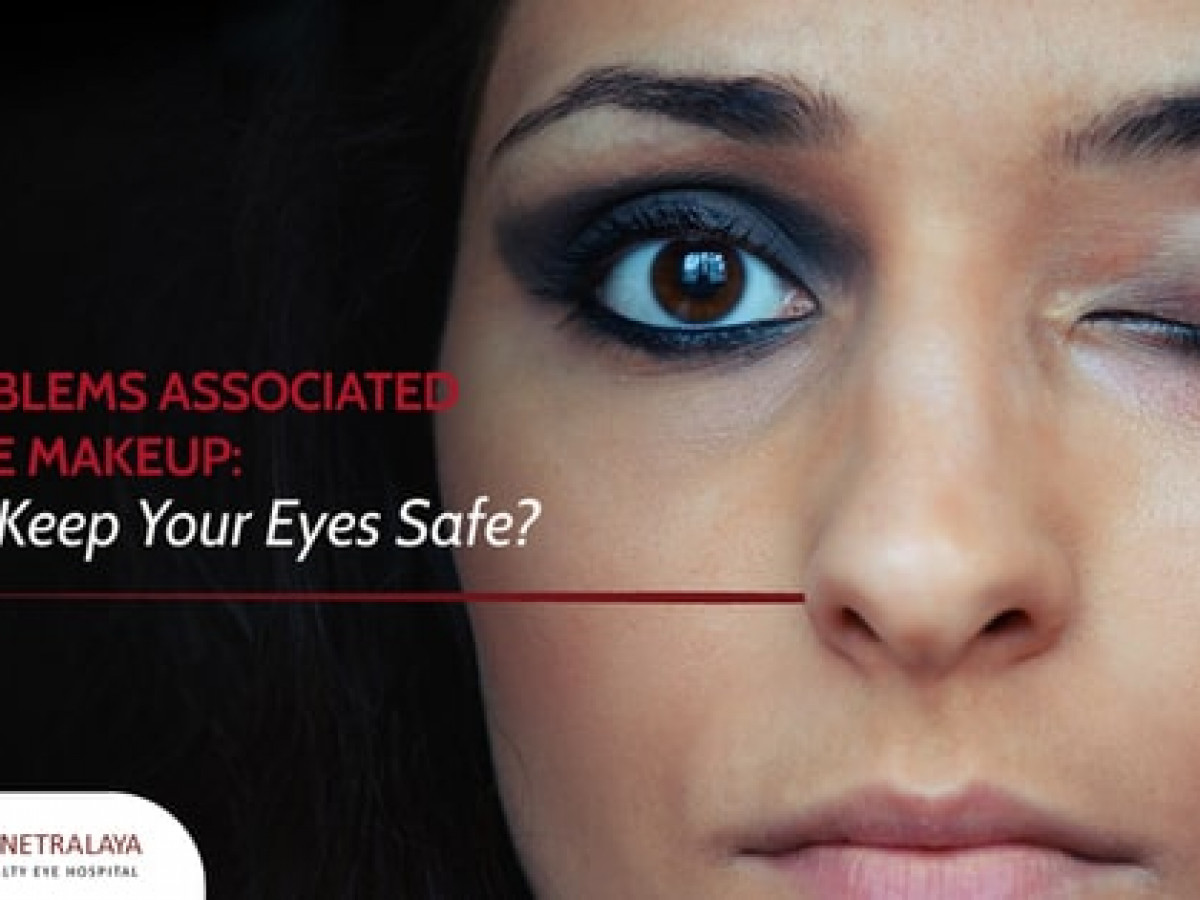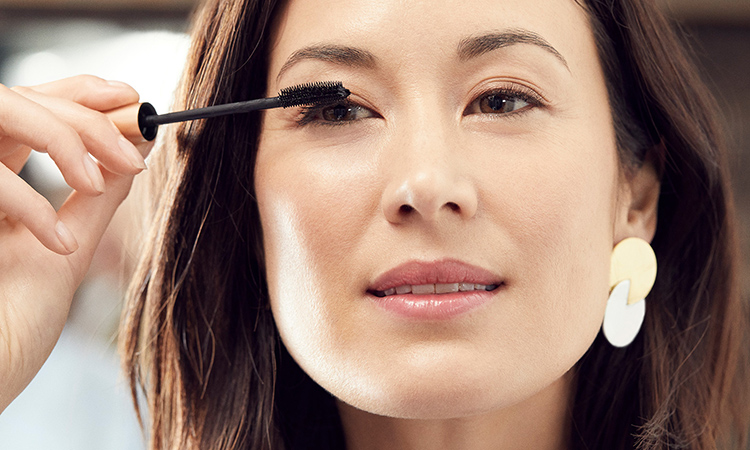As an Amazon Associate, I may earn a commission from qualifying purchases. Please note that you are never charged any extra for that.
Makeup remover can potentially cause eye infections due to improper removal techniques or expired products. Always use gentle, suitable products.
Ensuring proper hygiene practices and using quality makeup removers are essential to prevent eye infections. Eye infections can result from bacteria or irritants present in makeup remover products, causing discomfort and potential health risks. Properly removing makeup before sleeping and following a good skincare routine can help maintain healthy eyes and skin.
Always check expiry dates, avoid sharing products, and consult an eye care professional if experiencing any discomfort or signs of infection. Taking these precautions can help protect your eyes and overall well-being.

Credit: www.halimabobs.com
Table of Contents
Potential Risks Of Using Makeup Remover
Using makeup remover can potentially cause eye infection due to the presence of harmful chemicals and improper removal techniques. This can lead to irritation, redness, and even more serious conditions such as conjunctivitis. It’s important to use a gentle, oil-free remover and take proper care to avoid any risks to the delicate eye area.
Ingredients In Makeup Remover
` Makeup removers contain various chemicals such as fragrances, preservatives, and surfactants. These ingredients can be harsh on the delicate skin around the eyes and cause irritation or allergic reactions. Some makeup removers may also contain oils that can clog the pores around the eyes leading to infections. `
Impact Of Makeup Remover On Eye Health
`
Frequent use of makeup remover can strip the skin of its natural oils resulting in dryness and irritation.
Improper removal of eye makeup can leave residue behind that can irritate the eyes causing infections.
It’s essential to choose a gentle makeup remover that is suitable for the sensitive eye area.
Credit: www.dermstore.com
Tips For Preventing Eye Infections
Prevent eye infections by properly removing makeup, especially around the eye area. Use gentle, oil-free removers and avoid rubbing or tugging at the delicate skin. Regularly wash your hands and applicators to minimize bacteria transfer. Always remove your makeup before bed to prevent potential eye infections.
Proper Makeup Removal Techniques
When it comes to preventing eye infections, it is essential to adopt proper makeup removal techniques. Here are some tips to help you effectively remove your makeup:
- Start by washing your hands thoroughly to avoid transferring any dirt or bacteria to your eyes.
- Gently remove your contact lenses as makeup can easily get trapped between your eyes and lenses, causing irritation or infection.
- Use a mild, oil-based makeup remover specially formulated for the eyes. Avoid harsh or alcohol-based products that can dry out the sensitive skin around the eyes.
- Apply a small amount of makeup remover to a clean cotton pad or soft cloth.
- Close your eyes and place the pad or cloth on your eyelid for a few seconds to allow the makeup to dissolve.
- Gently wipe the pad or cloth from the inner corner to the outer corner of your eye, using a downward motion. Avoid rubbing or pulling on your lashes, as this can lead to lash loss or damage.
- Repeat this process until all traces of makeup are removed.
Choosing The Right Makeup Remover
When it comes to preventing eye infections, choosing the right makeup remover is crucial. Here are some factors to consider when selecting a makeup remover:
- 1. Consider your skin type
- Choose a makeup remover that is suitable for your skin type, whether it is oily, dry, or sensitive. This will help ensure that the product is gentle and does not cause any irritation.
- 2. Look for gentle ingredients
- Opt for a makeup remover that contains gentle ingredients such as chamomile, cucumber, or aloe vera. These ingredients can help soothe and calm the delicate skin around the eyes.
- 3. Avoid fragrance and harsh chemicals
- Fragrances and harsh chemicals can irritate the eyes and increase the risk of infection. Look for fragrance-free and hypoallergenic makeup removers to minimize the chances of irritation.
- 4. Read product reviews
- Before purchasing a makeup remover, read reviews from other users to get an idea of its effectiveness and whether it has caused any adverse reactions.
- 5. Replace regularly
- Makeup removers can harbor bacteria over time, so it is important to replace them regularly. Check the expiration date and discard any expired or old products.
By following these guidelines, you can reduce the risk of eye infections caused by improper makeup removal. Remember, taking care of your eyes should always be a priority, so choose the right products and techniques for a healthy and infection-free experience.

Credit: prasadnetralaya.com
Frequently Asked Questions Of Can Makeup Remover Cause Eye Infection
Can Makeup Remover Cause Eye Problems?
Makeup remover can potentially cause eye problems due to the chemicals used.
Can You Get An Eye Infection From Makeup?
Yes, you can get an eye infection from makeup due to bacteria growth. Ensure to use clean products and tools.
What Should You Do If You Get Makeup Remover In Your Eye?
Rinse eyes with cool water for 15 mins. Avoid rubbing. Remove contacts. Avoid makeup near eyes. Seek medical advice if irritation persists.
Can Makeup Remover Wipes Cause A Stye?
Makeup remover wipes can potentially cause a stye. The friction and pressure of wiping the eyes can irritate the oil glands, leading to blockage and infection. It’s essential to be gentle when using wipes, and if you experience any symptoms, consult with a healthcare professional.
Conclusion
It’s important to be cautious with makeup remover around the eyes. Proper removal techniques and using gentle products can prevent eye infections. Always choose high-quality, non-irritating formulas, and avoid rubbing harshly. Your eye health is worth the extra care. Stay informed and keep your eyes safe!

Leave a Reply